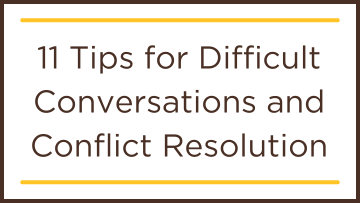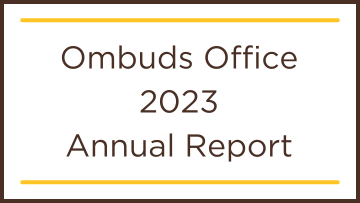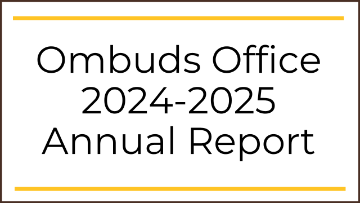The Office of the Ombuds is temporarily closed. Please check back periodically for updates. For any questions, contact the Office of the President at uwpres@uwyo.edu.
OUR MISSION
It is the goal of the Ombuds' Office at the University of Wyoming to provide the university community an informal setting in which to share dilemmas, ideas, questions, without fear of exposure, retaliation, or recrimination. The office is committed to serving with the International Ombuds Association best practice principles: informal, confidential, impartial, independent. It is our mandate to give voice to the university community, and to protect those voices. We will engage and support people and divisions to improve communications and policies. Our mandate includes resolving conflict, shedding light on serious concerns, mediating, facilitating difficult conversations, giving the community tools to disagree productively, educating, and coaching. The Ombuds' Office, in every instance, will advocate for fairness and equity.
We aim to provide a safe space to facilitate the process of problem-solving. We are
committed to unbiased and fair services to the University of Wyoming community.
-
Listen to concerns
-
Provide information on university policies and procedures
-
Provide information on how to make your concern known to the university
-
Assist you in evaluating available options
-
Provide feedback to administration when systemic issues/trends occur
STANDARD of PRACTICE
Informal:
The Office of Ombudsperson works informally to achieve fair and equitable solutions
to concerns. We are not a reporting office, and do not participate in formal investigations
or play any role in a formal resolution process.
Independent:
The University of Wyoming Office of the Ombudsperson is an independent office. This
allows individuals to come forward, be heard, and discuss issues with any department
of UW without fear of retribution. The office reports to the highest possible level
of the university. The ombudsperson exercises total discretion regarding her responsibilities.
The office is not part of and does not take part in any administrative or formal complaint
processes
Neutral or Impartial:
We utilize processes that provide fairness and equity and provide impartial resources
for the University of Wyoming community. The Ombudsperson avoids situations that may
cause or result in conflicts of interest.
Confidential:
Information concerning any inquiries will not be disclosed without explicit permission,
with the exception of a compelling reason (i.e. a safety risk). Upon request of a
complainant, the office may contact individuals within the institution whose help
is necessary to resolve a problem. The Ombudsperson does not testify in formal proceedings.
The only exception to this privilege of confidentiality is where there appears to
be an imminent risk of serious harm, and where there is no reasonable option other
than disclosure.
FREQUENTLY ASKED QUESTIONS
- "Humanize" an organization by providing constituents with safe and informal opportunities to be heard; assistance in identifying options for managing or resolving concerns; facilitation of communication between or among conflicting parties; conflict resolution skills training; and upward feedback to management about trends in conflicts, hot-button issues or other matters of import to organizational leaders.
- Help organizations reduce costs related to conflict by resolving disputes informally and helping to avoid the waste of resources, time and energy of parties in formal grievance processes and litigation.
- Help keep top management abreast of new and changing trends within the organization.
- Help executives and managers avoid spending excessive time attempting to resolve conflicts.
- Refer individuals toward appropriate formal processes and resources within the organization
University of Woming Resources
ADDITIONAL RESOURCES




